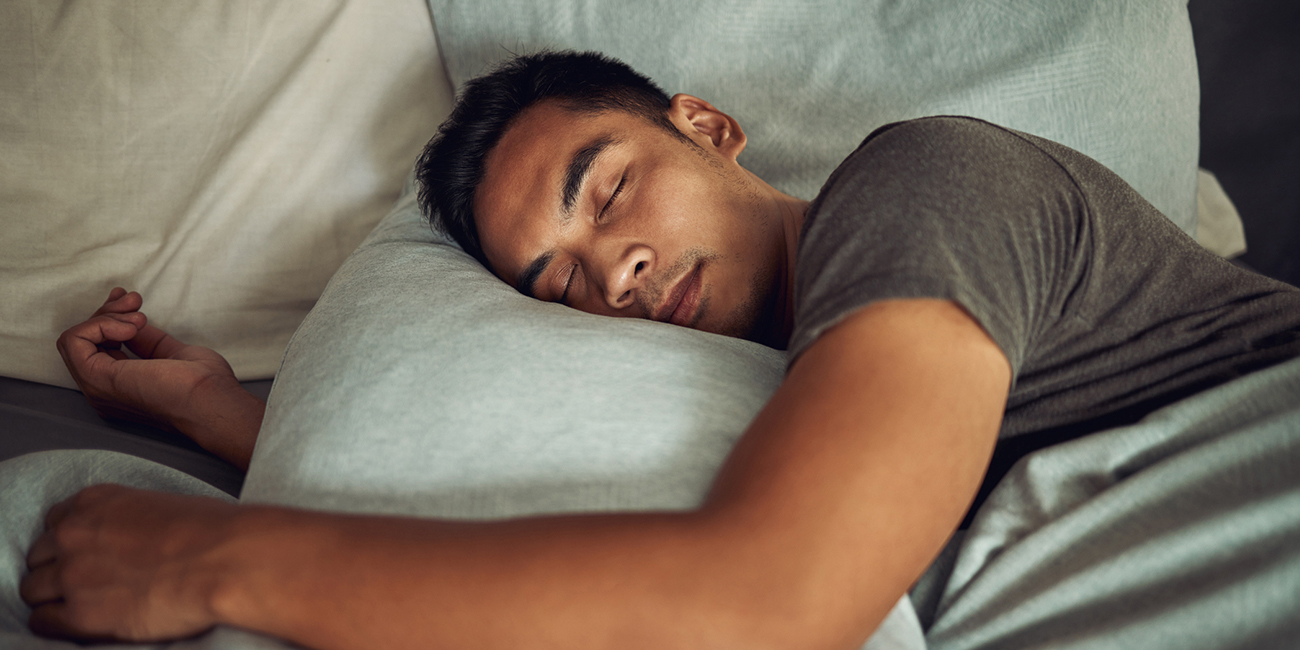Sleep doesn’t always get the respect and recognition it deserves. World Sleep Day seeks to address that by reminding everyone that sleep is a vital component of your physical and mental health.
By getting more quality ZZZs, you can:
- Improve your focus, concentration, and performance
- Boost your mood and reduce irritability
- Improve your overall health and wellness by allowing your body to repair itself, boost immunity, and reduce the risks of diabetes and heart disease The following tips can help you get better sleep:
The following tips can help you get better sleep:
- Stick to a sleep schedule to the extent it’s possible. This takes a bit of discipline on days when you don’t have to wake up as early for work or activities. Try to go to bed and wake up around the same time every day, even on the weekends.
- Clear your mind of the day’s stress. Take a few minutes to talk about the day. Or, try making lists to help clear your mind of your to-dos and worries.
- Say goodbye to doomscrolling. Unplug when you’re feeling the most stressed. Read, watch, or scroll when it helps you stay connected and up to date, but pay attention when anxious feelings creep in and adjust.
- Consider a mindfulness or meditation practice. Deep breathing or relaxation exercises may help lull your body to sleep. Consider mindfulness and meditation videos.
- Get some exercise every day. But not too close to bedtime.
- Go outside. Try to get natural sunlight for at least 30 minutes every day.
- Avoid nicotine and limit caffeine. Both are stimulants that keep you awake. Caffeine can take 6–8 hours to wear off completely.
- Avoid alcohol and large meals before bedtime. Both can prevent deep, restorative sleep.
- Limit electronics before bed. Try reading a book, listening to soothing music, or another relaxing activity instead.
- Create a good sleeping environment. Keep the temperature cool if possible. Get rid of sound and light distractions. Darkness is a cue for your body to sleep. Turn your alarm clock towards the wall.
- Don’t lie in bed awake. If you can’t fall asleep after 20 minutes, get up and do a relaxing activity until you feel sleepy again.
- See your healthcare provider before you resort to using any kind of medication whether prescription or over-the-counter. Your doctor can determine if you need testing and discuss new ways to manage stress.
Remember, you don’t have to do it alone. Your Assistance Program is here to help you strengthen your mental health and total well-being. To learn more about these free and confidential services, or to access them, please visit Member Support.


